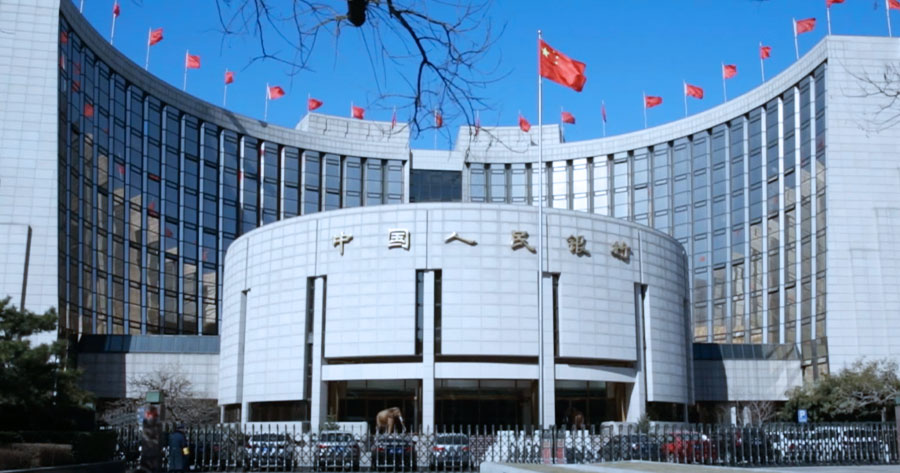The strong dollar posses increased risk to Asian currencies and pushing policymakers into action to curb losses.
Policymakers are implying every tool available from direct dollar selling to verbal intervention.
India and Taiwan have intervened in the market, while Japan has tried to talk up the yen. China tweaked policy parameters to slow the slide in the yuan and Hong Kong is likely to step in as its currency brushes near the lower end of its trading band.
“Asian central banks are becoming more concerned about weaker currencies and higher inflation,” said Mansoor Mohi-uddin, chief economist at the Bank of Singapore Ltd.
However, he cautioned that intervention is unlikely to work while the Federal Reserve remains hawkish on interest rates.
The People’s Bank of China in its latest quarterly monetary report issued Monday vowed to keep the foreign-exchange market operating “normally,” saying it would guide market expectations.
The PBOC also said it would maintain a managed floating exchange rate system for the yuan against it reference basked of currency based on market mechanisms.
“I would expect the PBOC to continue to guard against sharp moves as shown by some attempt to restrain the daily onshore fixings,” said Eugenia Victorino, head of Asia strategy at Skandinaviska Enskilda Banken AB in Singapore as reported by Bloomberg.
Meanwhile, the Reserve Bank of India is intervening in spot and forward markets to defend the rupee, which slid to a record low on Monday, according to a person familiar with the matter as reported by Bloomberg.
As reported by Bloomberg Radhika Rao, a senior economist at DBS Bank Ltd., said India’s FX reserves of about $600 billion offers the RBI plenty of room to manage a gradual decline in the rupee.
The Bank of Japan on the other hand is keeping the benchmark 10-year yield from rising above 0.25% to stoke sustainable inflation, and in doing so it’s adding to downward pressure on the yen.




